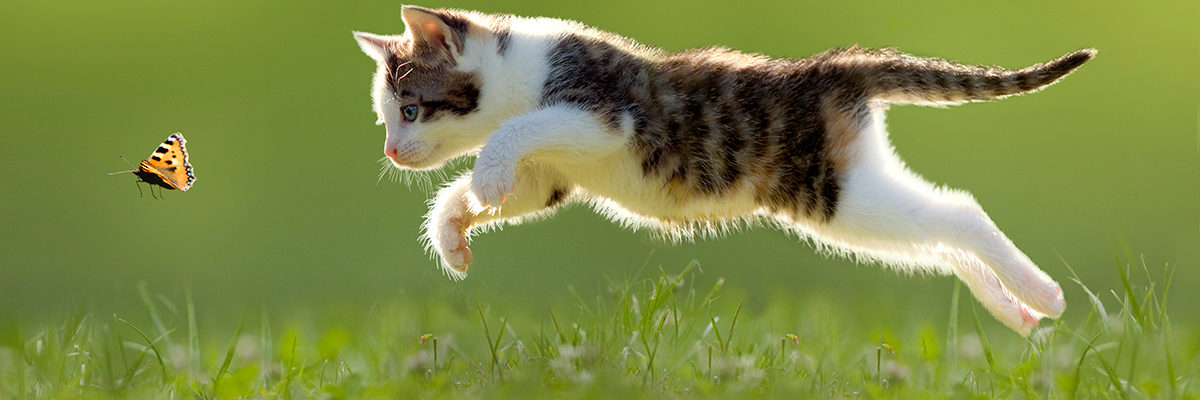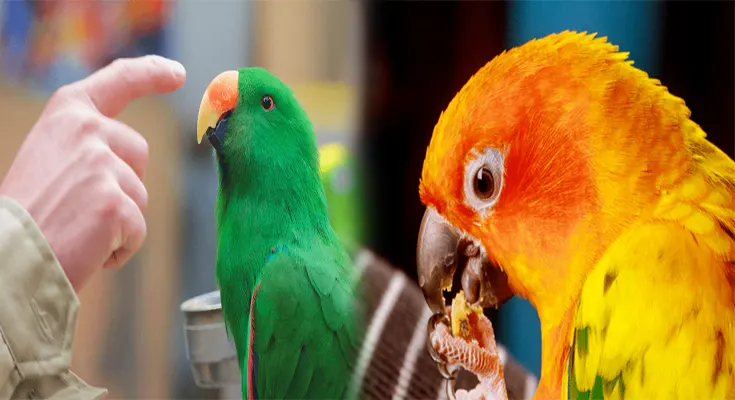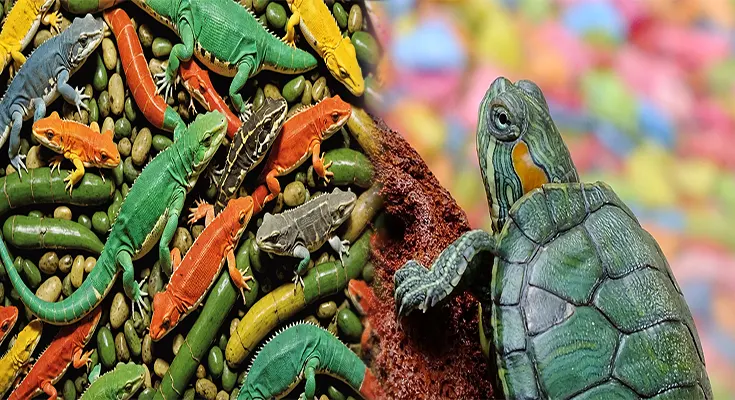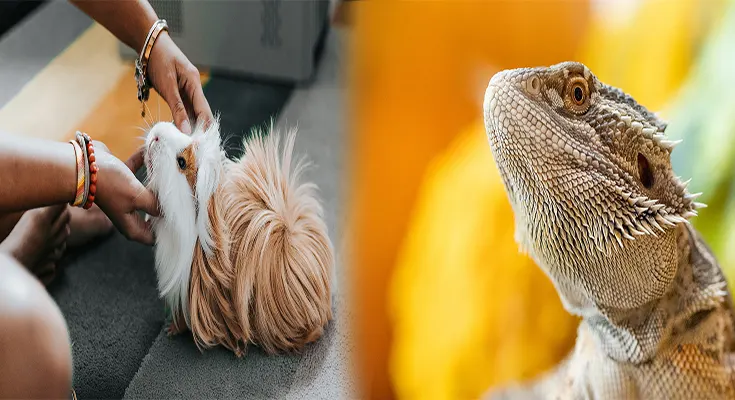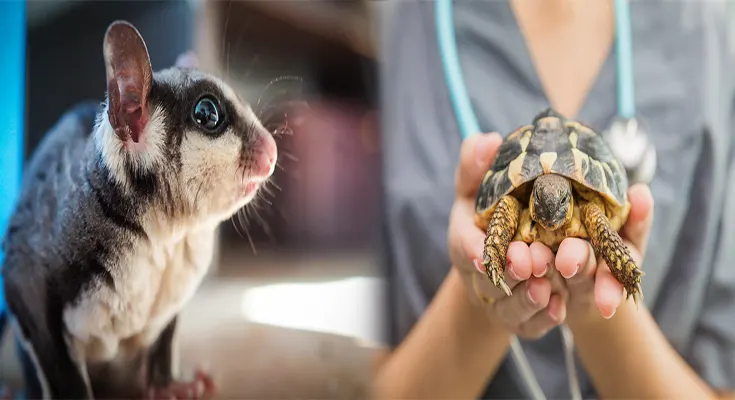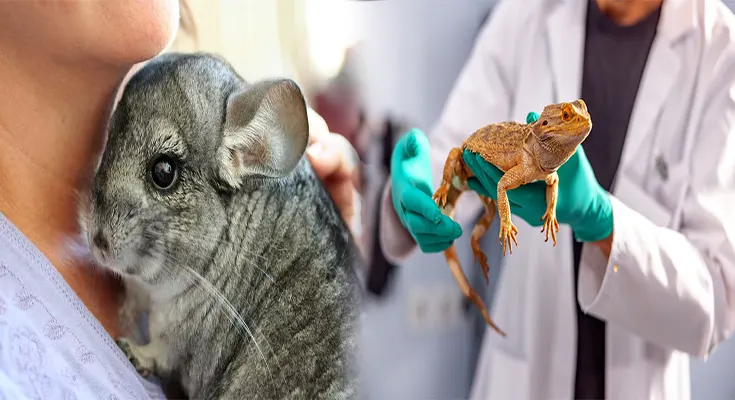
Common Health Problems and Preventative Care for Exotic Mammals
Exotic mammals, such as ferrets, sugar gliders, hedgehogs, and chinchillas, have become increasingly popular as unique and lovable pets. However, caring for these exotic creatures requires a deep understanding of their specific health needs and potential health issues. In this article, we will explore some of the common health problems that exotic mammals may face and discuss essential preventative care measures that can help ensure their well-being.
1. Dental Issues
Dental problems are prevalent in exotic mammals, especially those with continuously growing teeth like rodents and lagomorphs. Overgrown teeth, malocclusion, and dental abscesses can cause pain, difficulty eating, and other serious health issues. Regular dental exams, providing appropriate chew toys, and offering a diet that promotes dental health can help prevent dental problems in exotic mammals.
2. Respiratory Infections
Respiratory infections are a common health issue in exotic mammals, often caused by poor ventilation, high humidity, or exposure to drafts. Symptoms may include coughing, sneezing, nasal discharge, and difficulty breathing. Maintaining a clean living environment, avoiding temperature extremes, and providing proper ventilation can help prevent respiratory infections in exotic mammals.
3. Obesity
Obesity is a significant health concern for exotic mammals, as many owners may not be aware of the …
Common Health Problems and Preventative Care for Exotic Mammals Read More
